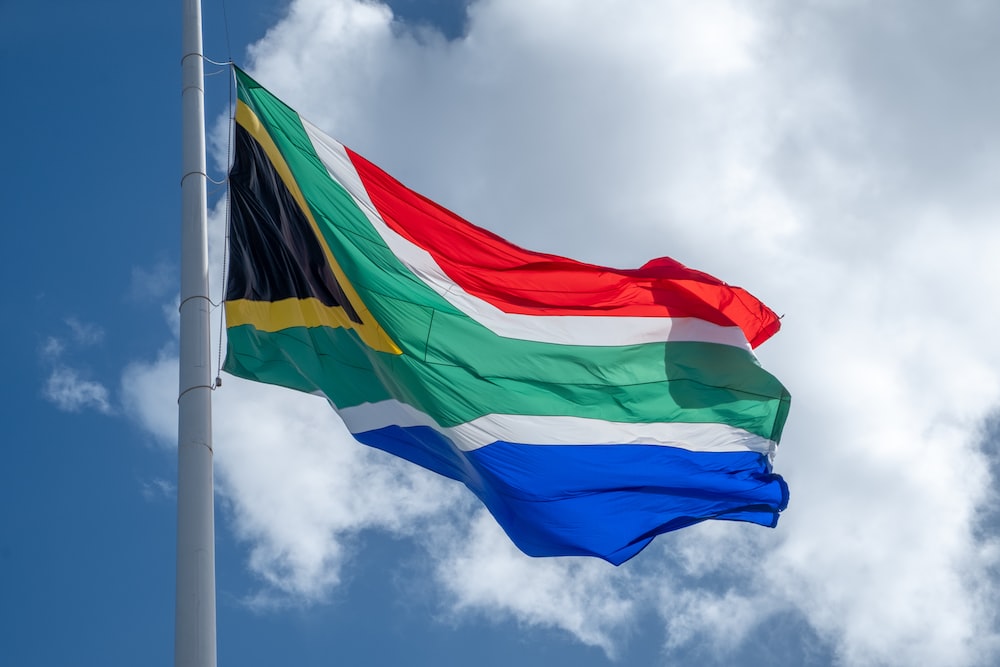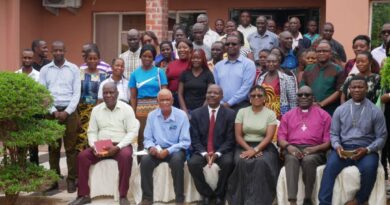South Africans Brace Themselves for Uncertain Future
As South Africa approaches its next general elections, South Africans are being urged to prepare for a rollercoaster ride filled with moments of déjà vu, obfuscation, fake news, and more. The upcoming elections have been touted as a “watershed” moment, with each successive election raising the stakes even higher.
Reflecting on South Africa’s journey from the apartheid era, many skeptics warned that the “new South Africa” could face challenges similar to those experienced by other African nations. However, these warnings were often dismissed as sour grapes or racism. Nevertheless, it is essential to consider different perspectives and evaluate the future realistically.
While apartheid was undoubtedly a dark chapter in South Africa’s history, it also left behind a developed country with functioning institutions and infrastructure. The opportunity existed to build on these foundations, expanding them to encompass neglected areas and communities. However, some argue that the transition from apartheid resulted in missed opportunities, with skilled individuals intimidated out of their positions and replaced by inexperienced counterparts.
The consequences of this rushed transition continue to be felt today, as ill-equipped individuals are placed in positions of power and corruption persists. Reports of councilors unable to read or write highlight the depth of the problem, while costly labor relations disputes further exacerbate the situation. It is disheartening that South Africa has failed to learn from its mistakes and confront the failures within its own leadership.
Furthermore, the blame game remains a common narrative, with colonialism, apartheid, and external forces often being held responsible for Africa’s ongoing challenges. This victim mentality hinders progress and prevents Africa from confronting its weaknesses and building a better future.
As South Africa’s political landscape becomes increasingly dominated by self-serving entrepreneurs and opportunists, the future appears uncertain. It is crucial for South Africans to demand change and actively participate in shaping their country’s destiny. The current political system is designed to maintain the status quo, leaving ordinary citizens feeling helpless and disillusioned.
In light of these circumstances, South Africans are advised to prepare themselves for what lies ahead. While they may have limited control over the political landscape, they can at least fasten their seat belts and brace for the journey ahead.
The future of South Africa relies on its citizens’ willingness to demand a new path and actively contribute to the development of a better society. Without collective action and a renewed sense of self-worth, the cycle of blame and stagnation is likely to continue. South Africans must take the reins of their country’s destiny and work towards a brighter and more prosperous future.



